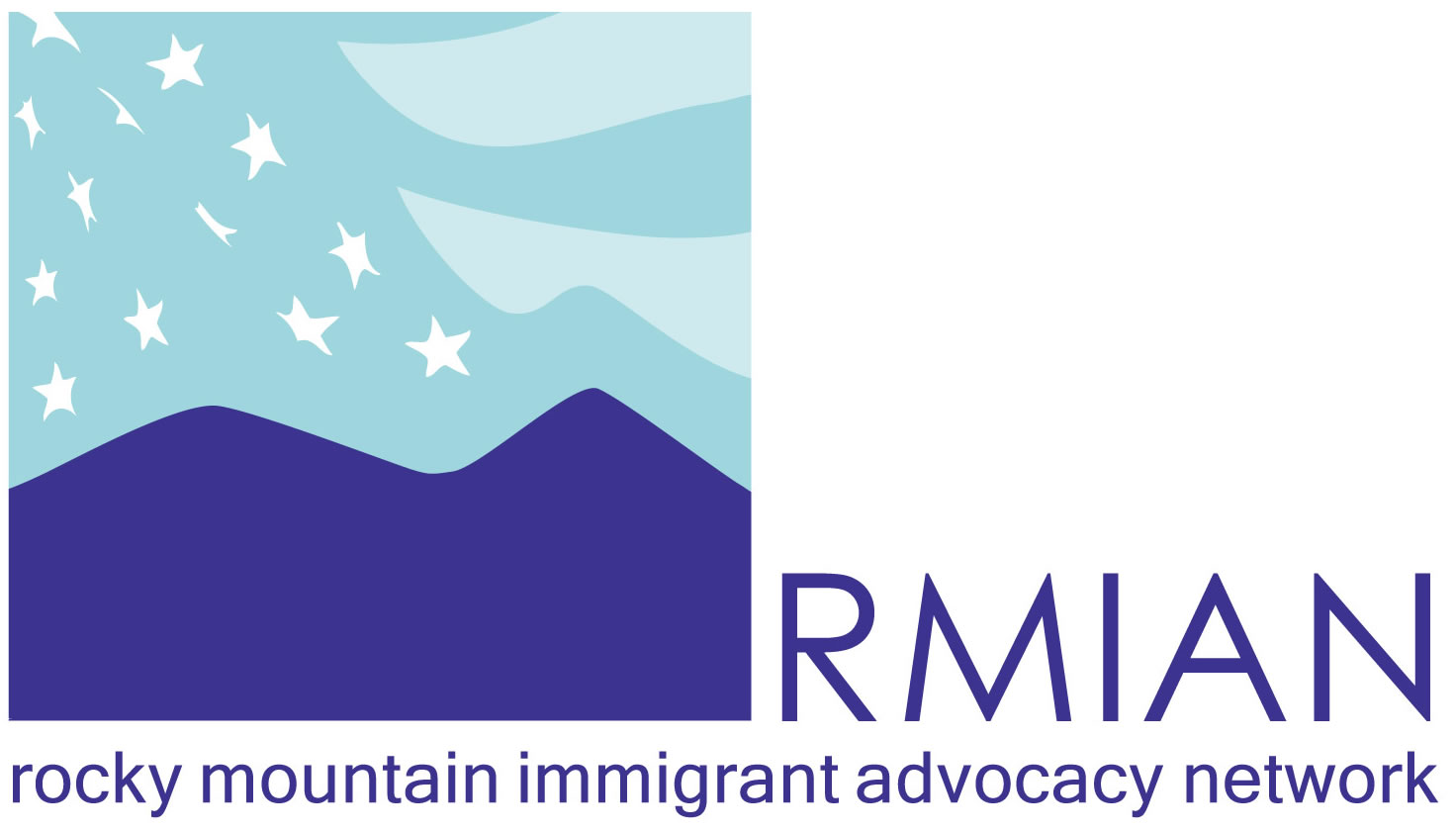June is Pride Month
This Pride Month, RMIAN honors the LGBTQI+ immigrant community. We recognize and celebrate the role that LGBTQI+ immigrants have played in the organizing and movement building that has led to greater equality for the queer community, and we stand in solidarity with them against the ongoing challenges they face. Throughout reforms of the U.S. immigration system, discriminatory, anti-LGBTQI+ immigration policy has persisted.
The Immigration Act of 1917 discriminated against people based on their sexual orientation, stating that LGBTQI+ migrants showed signs of "constitutional psychopathic inferiority." The Immigration Act of 1952 upheld this discrimination, continuing to label LGBTQI+ immigrants as "mentally defected." Although the Immigration and Nationality Act of 1965 abolished the racially-based quota system that plagued U.S. immigration law for four decades, it carved out a policy explicitly preventing "sexual deviates" from entering the country and required the deportation of LGBTQI+ immigrants. This ban was finally lifted in 1990, but enforcement of the 1987 ban on entry of HIV/AIDs-positive migrants continued until 2010. And it wasn't until 1994 that sexual orientation was first recognized as a basis for asylum. For the first time, in 2013 same-sex partners could sponsor each other for green cards, finally allowing families to unify after a long history of systemic discrimination.
Despite the recent strides, the lives and experiences of LGBTQI+ immigrants continue to be negatively affected by hostile policies. Members of the community are still confronted by situations where they must demand access to due process and justice.
Continued violence against LGBTQI+ immigrants in detention and the recent wave of anti-transgender legislation, the overturning of Roe v Wade, and the continued implementation of policies like 'Remain in Mexico' and Title 42 serve as stark reminders that the road to access equal rights is long. RMIAN stands alongside LGBTQI+ migrants on the journey toward justice.
The time for change is NOW.
To learn more about this issue and how LGBTQI+ migrants continue to be affected at the border by Title 42, read this report by Human Rights Watch detailing the dangers faced by LGBTQI+ asylum-seekers at the border.
